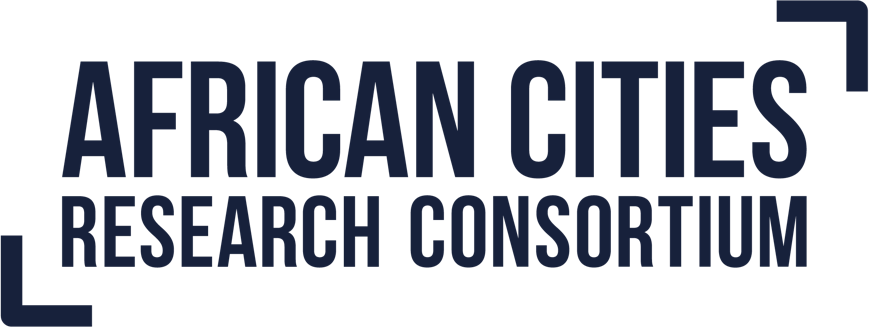Latest News + Insights

(In)formal security providers and urban safety in Maiduguri, Nigeria
Since 2009, communities in Borno State, Nigeria, including Maiduguri, have been experiencing violent attacks perpetrated by the Boko Haram insurgent group. In response to the threats of insurgency, the government deployed its security apparatus to secure the state.

Navigating urban housing challenges in Freetown’s informal settlements
What is ACRC’s research in Freetown all about? How does housing connect with land, youth employment and the rising costs of imported materials? How do political systems both help and hinder meaningful change? What attention is paid to informal settlements?
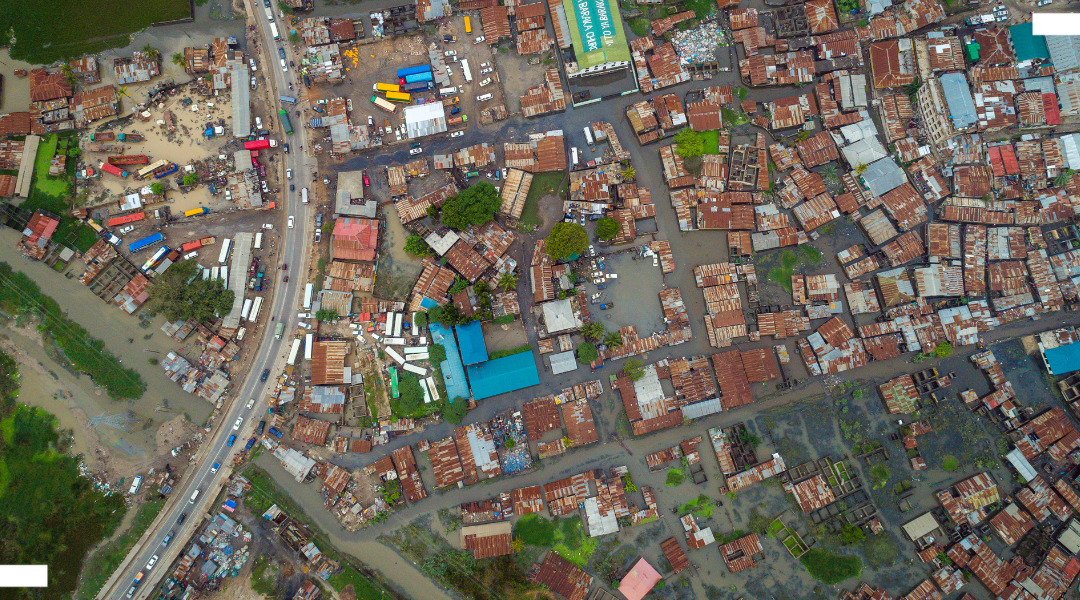
At the crossroads: Climate change and African cities
In sub-Saharan Africa, around 60% of the urban population resides in informal settlements. It is these areas that have experienced the most rapid growth in urban vulnerability to climate change in recent years – facing higher exposure to climate risks, while having a lower capacity to adapt.
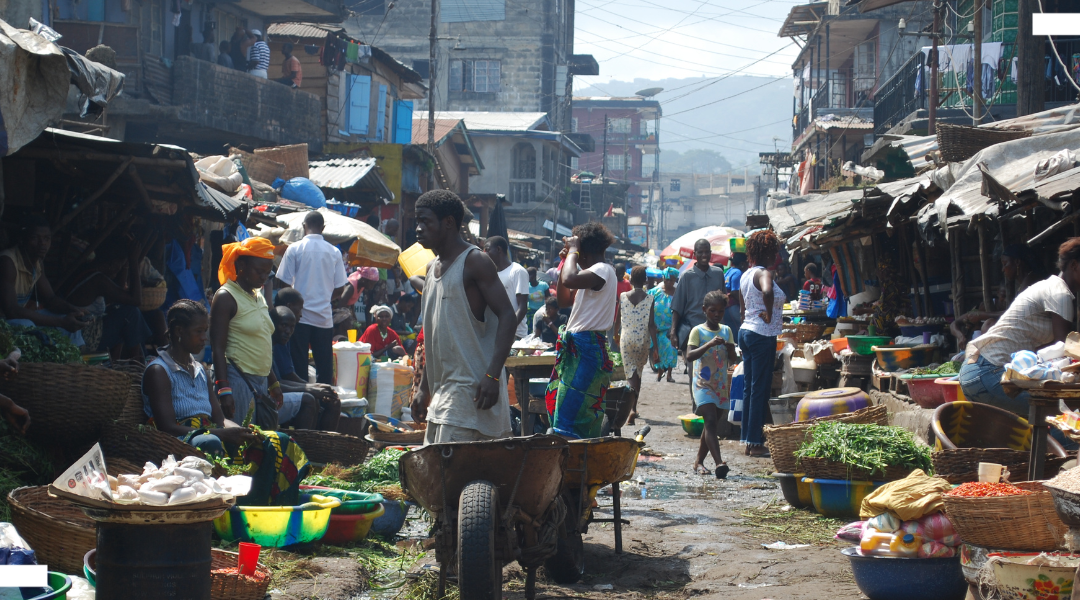
How displacement of informal traders is exposing Freetown households to food insecurity
On 10 August 2022, protesters against the high cost of living and inflation staged a mass demonstration in Freetown. While the demonstration was taking place, police destroyed local traders’ stalls at the popular marketplace of Abacha Street.
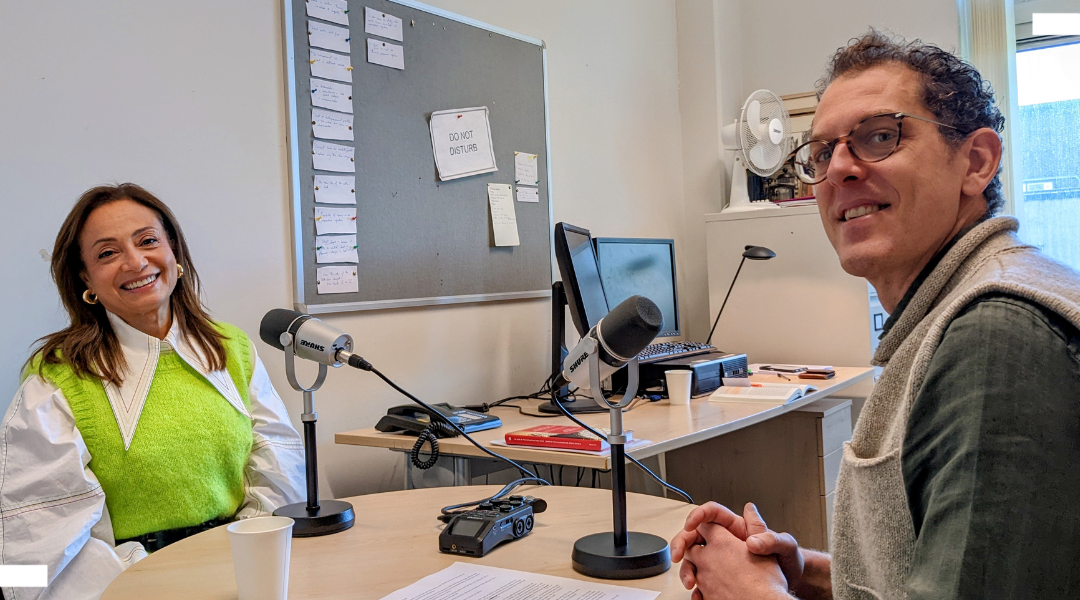
Bridging Africa’s energy and infrastructure gap: A conversation with Amani Abou-Zeid
In the latest African Cities podcast episode, Amani Abou-Zeid talks to ACRC’s city of systems lead Seth Schindler about energy security and infrastructural development in Africa.

Applications for ACRC research associate position now open
The African Cities Research Consortium (ACRC) is looking to appoint a talented and enthusiastic research associate, based in the Global Development Institute at The University of Manchester.
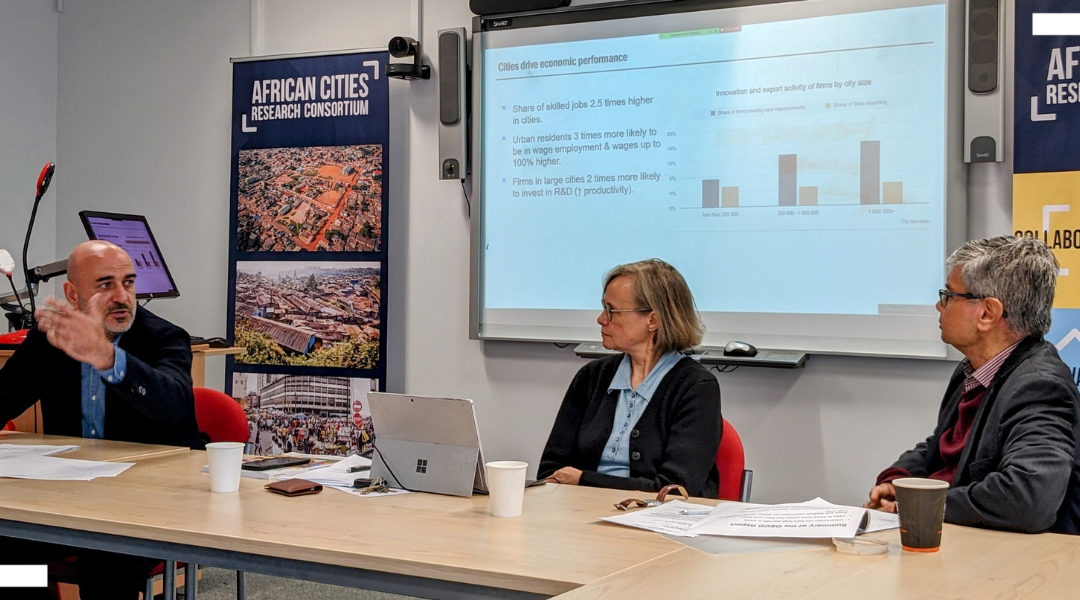
Understanding the economic power of Africa’s cities
What opportunities does urbanisation present for people living in African cities? How much does it really contribute to the economy? And what wider advantages can it have for rural dwellers?
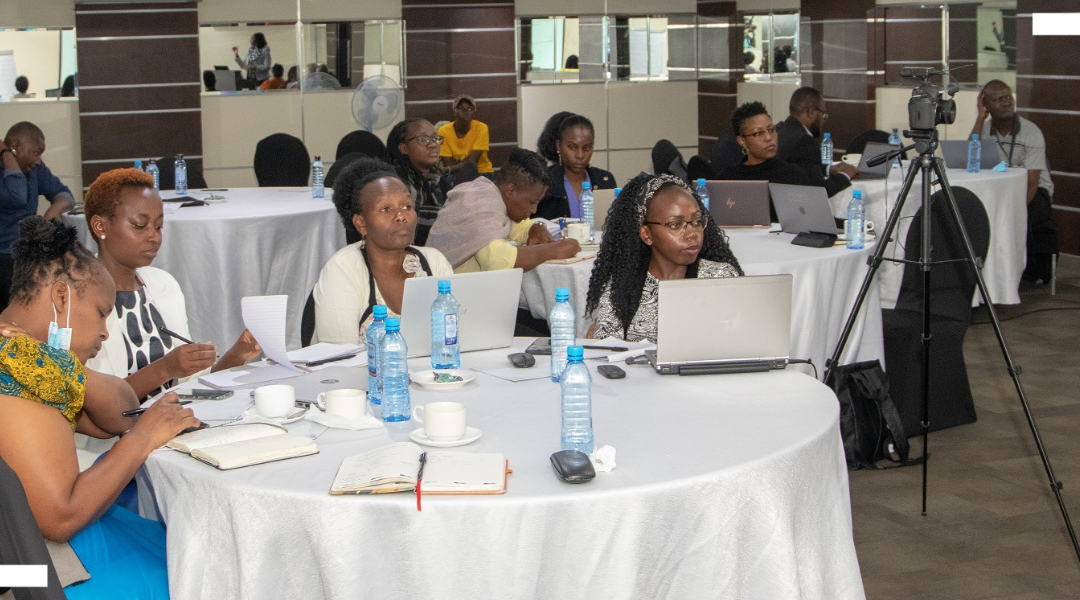
ACRC Nairobi team progresses with identifying priority complex problems
In September, Nairobi city research and uptake teams were joined by CEO Diana Mitlin for a full day workshop, to deliberate on preliminary research findings and strengthen researchers’ ideas of emerging priority complex problems (PCPs) to urban transformation in the city.
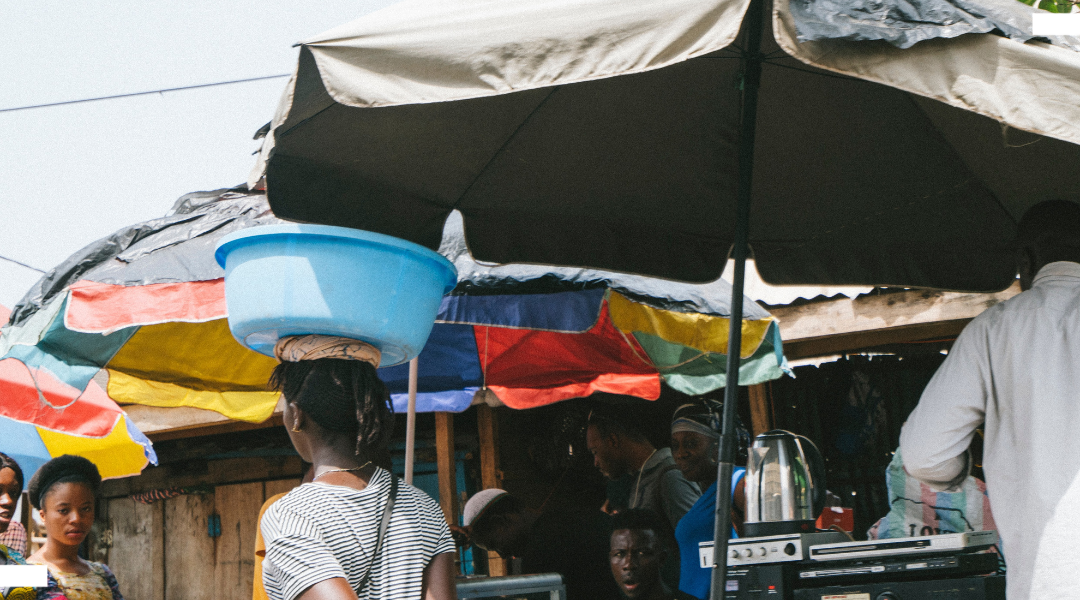
Youth and capability development in Freetown, Maiduguri and Mogadishu: Reflections from the RGS-IBG Annual Conference
The Royal Geographical Society with the Institute of British Geographers (RGS-IBG) Annual Conference, brings together geographers and researchers interested in place, space and beyond, from across the UK and the world. This gathering gave ACRC’s youth and capability development domain an opportunity to share insights from our focus cities of Freetown, Maiduguri and Mogadishu.
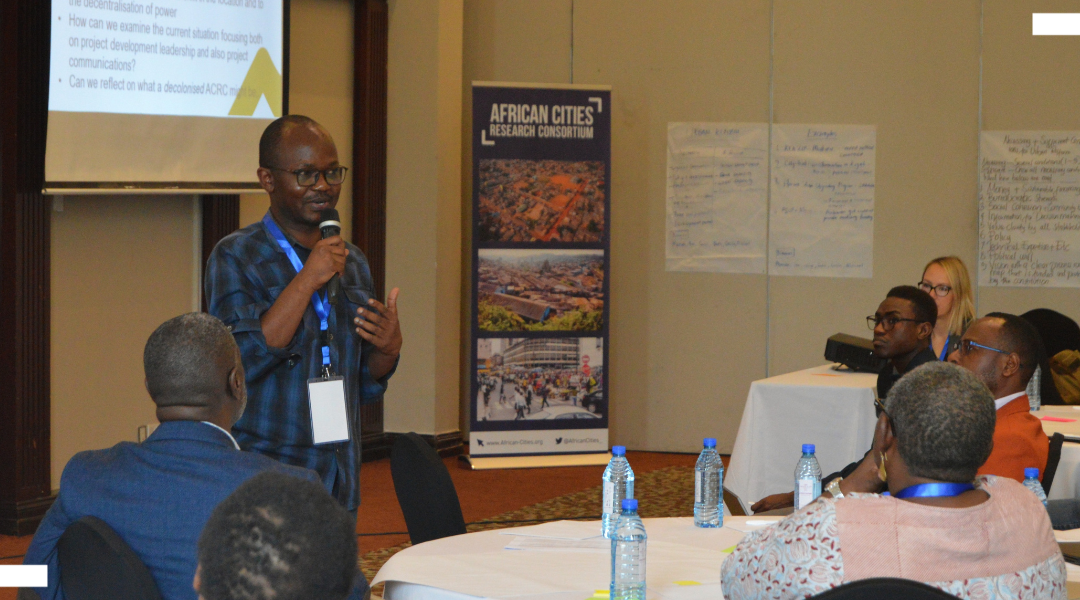
Can African Cities help to decolonise knowledge?
Since the outset of the African Cities Research Consortium, we’ve been interested in trying to create more equitable partnerships and processes through the process.
Sign up to our newsletter
Keep up to date with all the latest news and insights from the African Cities Research Consortium.
